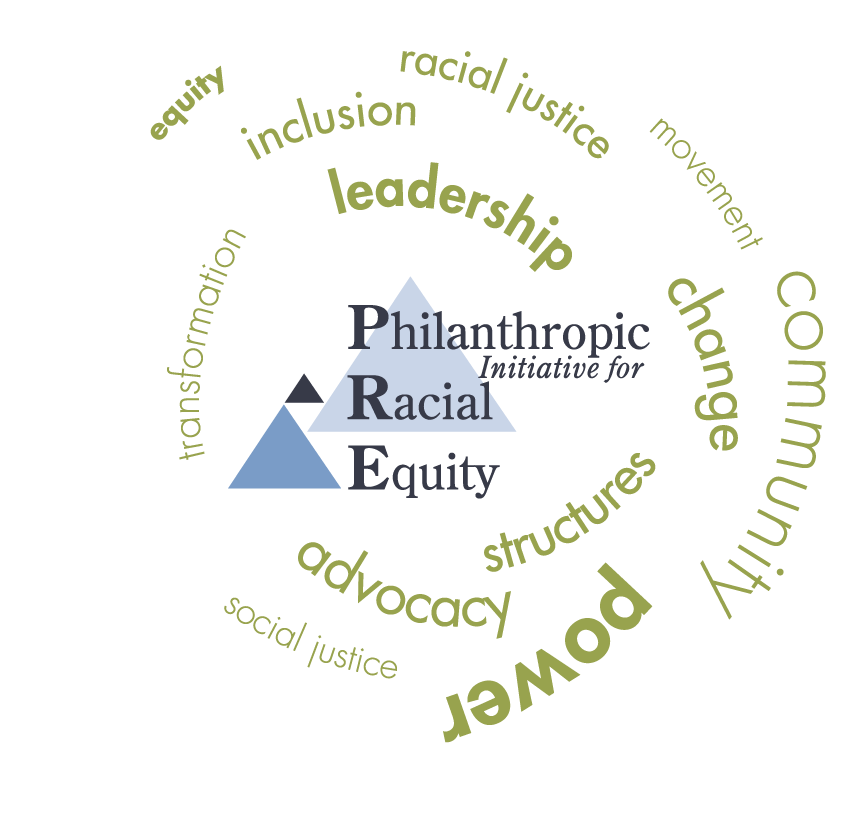Amid Demands for Change, Here’s How Philanthropy Can Back Underfunded Black-Led Groups
By Julia Travers, Inside Philanthropy
June 17, 2020
In the wake of the killings of Breonna Taylor, George Floyd and Rayshard Brooks, the most recent victims of recurring police violence against black people, black-led organizations are springing into action, hoping to translate surging public support into meaningful progress. In a June 2020 poll, 76% of Americans said racial and ethnic discrimination is a big problem in the United States, up from 51% in 2015. From big grantmaking commitments by institutional funders to a wave of small individual donations, a major philanthropic response is underway.
But while new attention and money may be flowing at the moment, black nonprofit leaders face a persistent struggle in securing both trust and reliable financial backing from the mostly white funding world. Several recent reports show that black-led organizations (BLOs) have smaller revenues, reserves and staff. They receive far fewer large or unrestricted grants.

